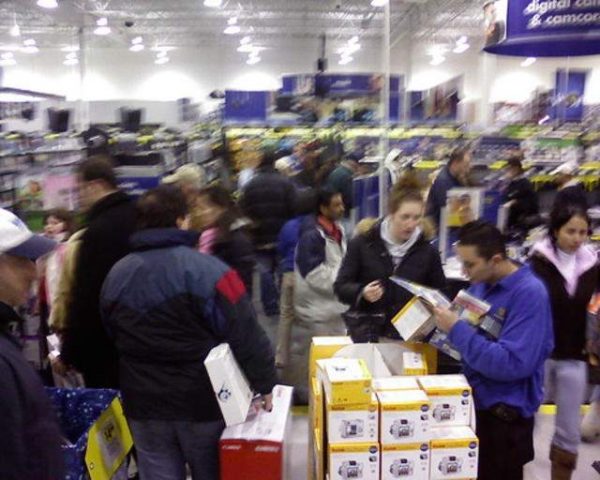As of this October 17, extracts (and vape pens), ingestibles, and topicals are now legal for licensed parties to produce and sell—once they get Health Canada approval on new products. That’ll take some time–minimum 60 days.
Globe and Mail, CTV News, Financial Post
- Licensed parties can now submit products for approval and procurement, which may take up to 90 days. The earliest retailers can order the products will be December 16.
Government of Canada, CBC Nova Scotia - As Baked Edibles founder Brandon Wright put it, “Edibles arrived a year after legalization of flower. Makes sense if you think about it, they take a while to kick in.”
Twitter—Brandon Wright
Edibles are experiencing an uptick in interest as a result of the US vaping-illness (VAPI) crisis. A new Ipsos poll found 63% of Canadian cannabis users are concerned about the safety of vaping, while 73% say they’re likelier to use ingestibles instead of vaping.
Ipsos, The Star
- In spite of public uneasiness, vape pens will likely be the first 2.0 products to hit the market, and the biggest LPs will have the advantage.
Botaniq - Legal vaping will only increase the industry’s waste problem. Even reusable vape pens are non-recyclable, but many big LPs are rumoured to be developing disposable pens like those popular in the US.
Twitter—Rachel Colic, Ryan Lee
Edible and beverage products will likely come to market later, and they will be limited to a maximum of 10mg THC per package. There will be no stronger-dose edible products for MED patients.
Globe and Mail, CBC British Columbia
- Here’s a chart breaking down the new-product regulations.
Twitter—CFAMM - The maximum dose for THC extract capsules will also be 10mg, with a maximum 1000mg (or 100 capsules) per package. (It’s unclear why Health Canada allowed extract-capsule packages to contain so much more THC.)
- Cannabis researchers still can’t decide what constitutes a standard dose of THC.
Globe and Mail - Many expect the real money will be in CBD-infused beverages, rather than THC products.
Cannabis Retailer
